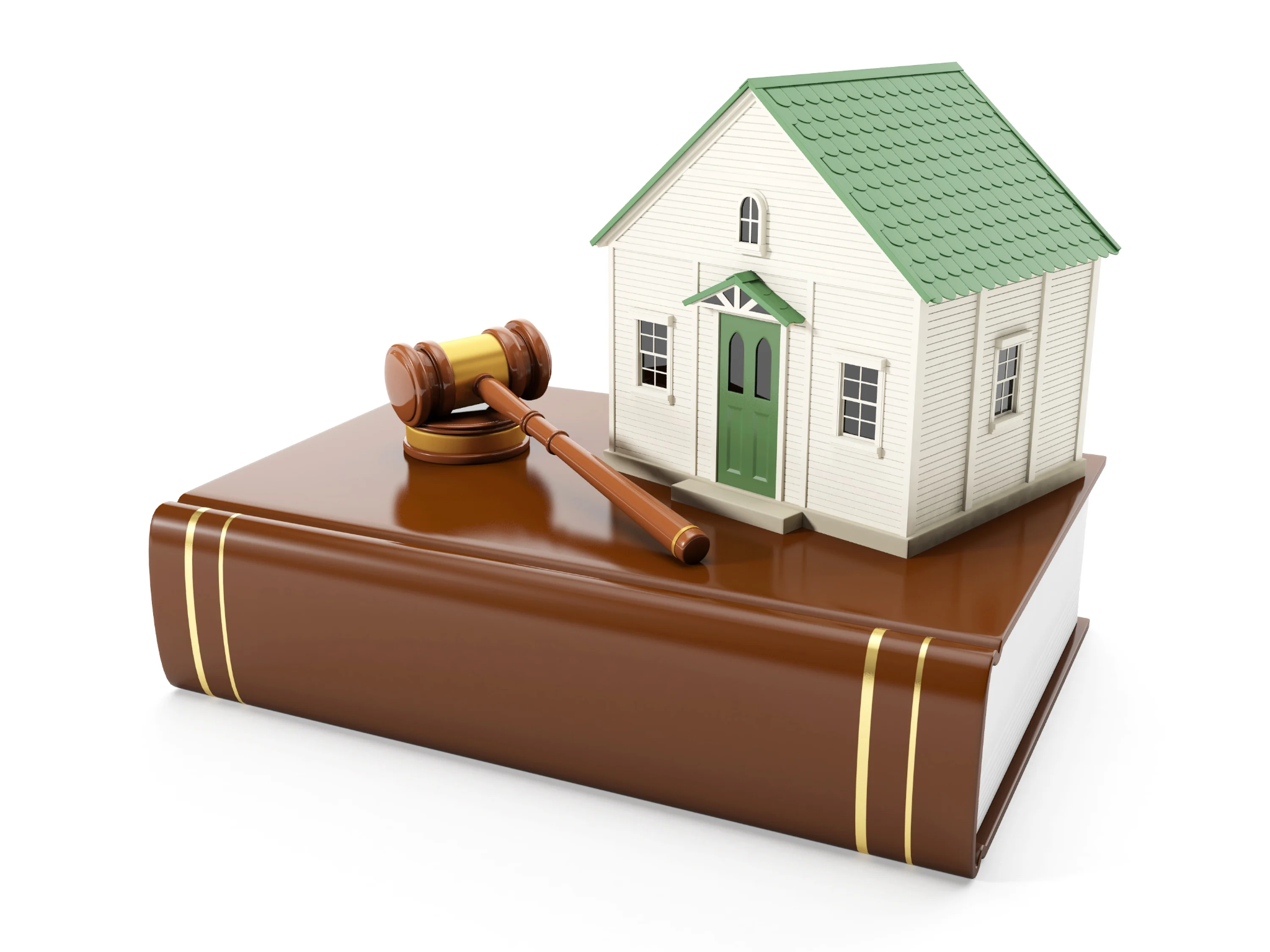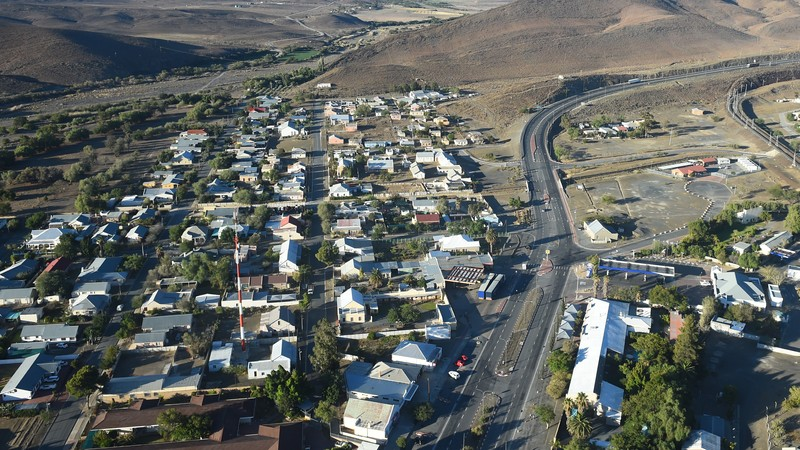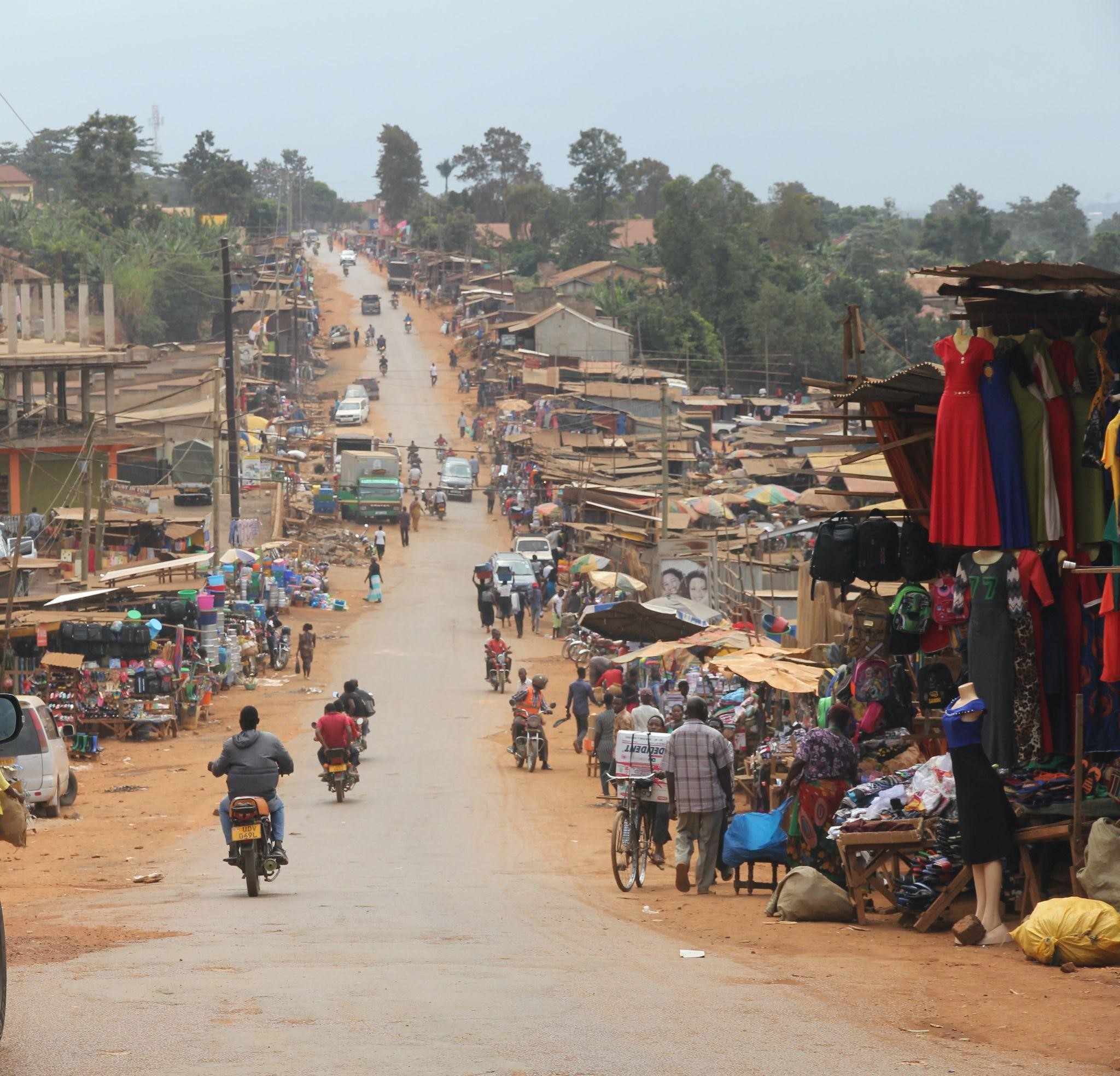The property rights index is a crucial metric that reflects the legal framework surrounding private property ownership in Rwanda. This analysis delves into the Heritage Foundation’s Property Rights Index data for Rwanda, highlighting the evolution of property rights protection in the country from 1997 to 2024. By examining key indicators and trends, we gain insights into the security of private property, enforcement of laws, and the overall business environment in Rwanda.
Understanding the Property Rights Index
The property rights index measures the extent to which a country’s legal framework safeguards private property rights and the government’s enforcement of these laws. It also evaluates the risk of expropriation, corruption within the judiciary, and the efficacy of contract enforcement. Higher index values signify stronger legal protection of property rights and a more secure environment for property ownership.
Historical Trends in Property Rights Protection
The Heritage Foundation’s Property Rights Index data for Rwanda spans from 1997 to 2024, showcasing the evolution of property rights in the country. The average property rights index value for Rwanda during this period was 37 points, with a notable increase from a minimum of 10 points in 1997 to a peak of 77 points in 2020. The latest value in 2024 stands at 62 points, reflecting significant progress in property rights protection.
Comparative Analysis with Global Averages
In 2024, Rwanda’s property rights index value of 62 points surpasses the world average of 54 points based on 180 countries. This comparative analysis underscores Rwanda’s commitment to enhancing private property laws and creating a conducive environment for property ownership and investment.
Interpreting the Heritage Foundation’s Data
The Heritage Foundation’s Property Rights Index data sheds light on Rwanda’s ability to protect private property, enforce laws, and mitigate risks of expropriation. It also assesses the independence of the judiciary, corruption levels, and contract enforcement efficiency. The positive trajectory of Rwanda’s property rights index signifies a favorable environment for property owners and investors.
Implications for Investment and Economic Development
A strong property rights framework is crucial for stimulating investment, fostering economic growth, and promoting sustainable development. Rwanda’s strides in bolstering property rights protection represent a positive trajectory, poised to attract investments, boost business confidence, and spur economic prosperity. However, continued efforts to fortify property rights are essential to fully unleash Rwanda’s potential for growth and development. By further enhancing legal protections, ensuring transparent land governance, and streamlining property registration processes, Rwanda can create an environment conducive to long-term investment, innovation, and inclusive economic growth. This commitment to strengthening property rights will not only benefit investors and businesses but also empower individuals and communities, laying the foundation for a more resilient and prosperous future for Rwanda.
Conclusion: Enhancing Property Rights for Sustainable Growth
The upward trend in Rwanda’s property rights index reflects the country’s commitment to creating a secure and conducive environment for property ownership and investment. By prioritizing the protection of private property, enforcing laws, and enhancing judicial independence, Rwanda can bolster investor confidence, stimulate economic growth, and pave the way for sustainable development in the years to come.




